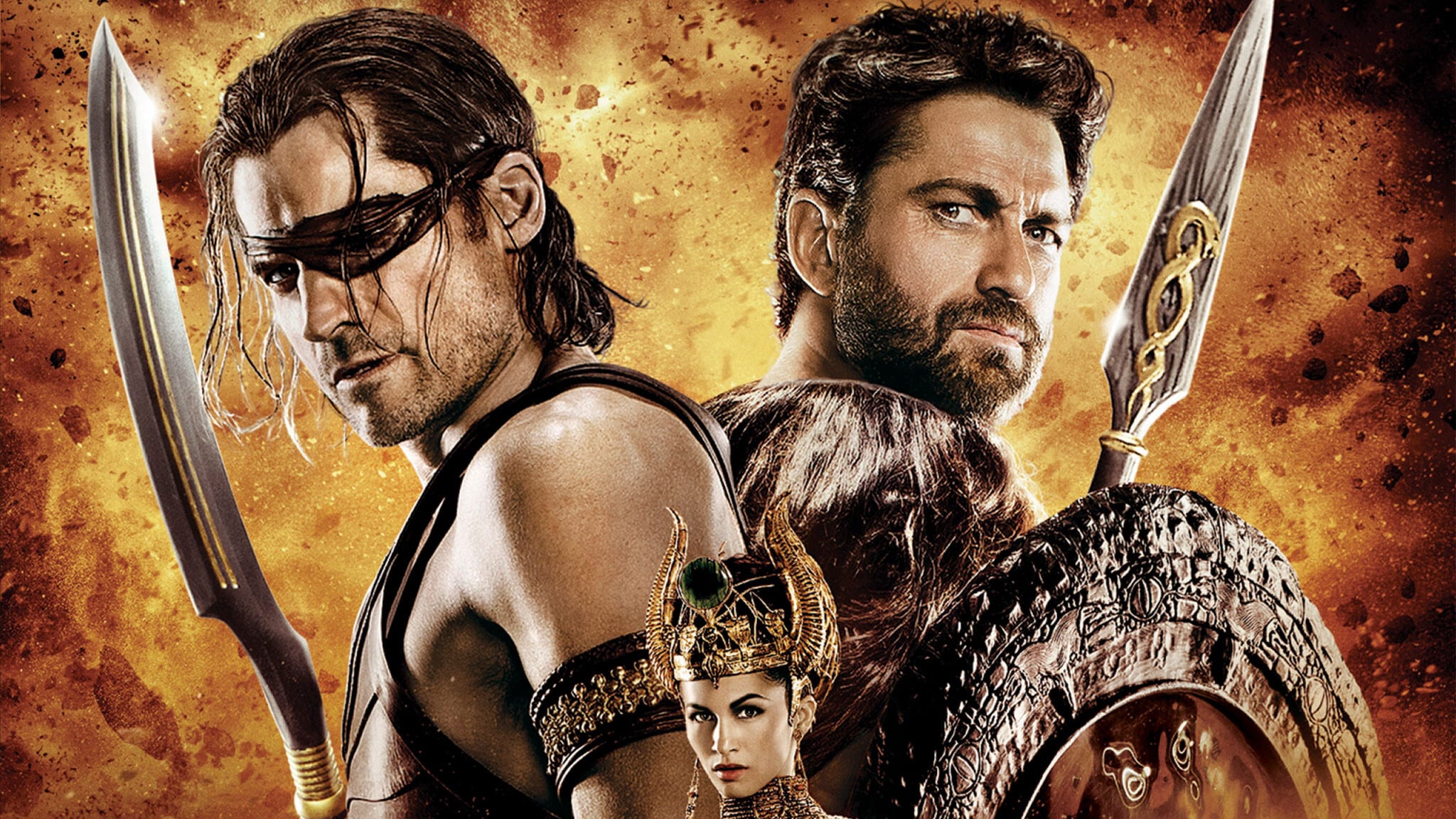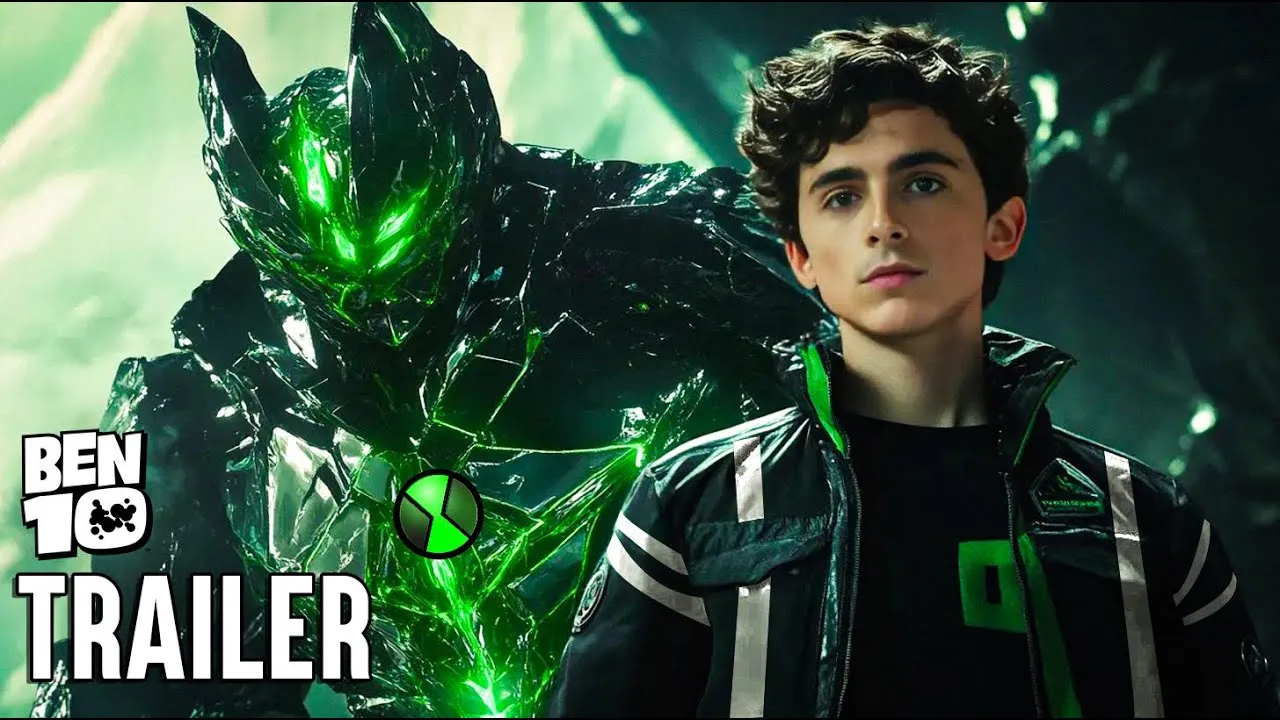Released amid persistent fanfare and controversy, Gods of Egypt 2 follows the gods of ancient Egypt in a high-stakes celestial war. With a production budget reportedly around $185 million—up significantly from the original’s $140 million—the studio is clearly doubling down on spectacle. Set for a summer 2026 debut, this sequel aims to respond to critics of the first film while expanding the mythological canvas.
Picking up after Set’s defeat, Horus now struggles to lead amid growing unrest. Set, backed by an army of mythic creatures and forbidden magic, seeks revenge and the divine throne. Meanwhile, mortal hero Bek—or a new mortal lead—gets entangled in divine machinations. The sequel is said to delve deeper into lore, introducing lesser-known gods like Nephthys and Anubis, with betrayals and shifting alliances adding thematic weight. The story reportedly explores power’s corrupting influence and the moral cost of divinity, offering richer character arcs—especially for Horus, who grapples with leadership and loss.
If the first film was a CGI showcase, the sequel appears poised to raise the bar even higher. Advanced visual effects promise more vivid temples, magical duels, and mythological creatures. Teaser reports describe dazzling CGI landscapes, celestial duels, and action-packed sequences through the underworld and across Egypt’s skies.
However, memories linger of the original’s overly glossy, sometimes cartoonish effects—newcomers will hope this time, CGI feels grounded and immersive, not plastic.
A major shortfall of the 2016 film was its overwhelmingly white main cast—Gerard Butler, Nikolaj Coster-Waldau, and Brenton Thwaites dominated roles meant to represent ancient Egyptians, drawing charges of “whitewashing.” Critics pointed out that only Chadwick Boseman’s Thoth offered some diversity, albeit in a brief role.
Preliminary reports indicate the sequel may partially address this by adding more diverse gods—such as Indira Varma as Nephthys and Emily Browning as Isis. While these additions are encouraging, whether they shift the franchise culture significantly remains to be seen.
One of the film’s strongest suits appears to be character arcs, especially for Horus, who is now more burdened by duty and grief. Exploring internal struggles adds layers of empathy to these deities. Initial rumors hint at more nuanced portrayals of gods—featuring themes like trust, betrayal, and divine responsibility.
Mortal characters like Bek could transition from comic relief to pivotal figures wielding divine power, tapping into an engaging arc of empowerment and sacrifice.
-
Enhanced World‑Building – Deeper mythology and new gods promise a richer narrative universe.
-
Spectacular Visuals – Improved CGI and epic battle choreography could deliver the visual drama fans expect.
-
Complex Characters – Emotional depth in deities such as Horus may humanize mythic figures.
-
Narrative Stakes – A story grounded in fraught alliances and moral dilemmas increases storytelling potential.
-
Residual Whitewashing – Without fully inclusive casting of leads, the sequel risks repeating past controversies.
-
CGI Dependence – The first film’s plastic-like effects earned criticism; the sequel must avoid superficial spectacle.
-
Story vs. Spectacle Balance – The sequel must ensure mythology and character drive the plot, not just visuals.
-
Financial Risk – With a larger budget and marketing spend, the film needs stronger box office turnout to be viable.
Aiming for June 2026, with heavy global promotion, the sequel is positioned as a major tentpole. The first entry grossed around $150 million against a $140 million budget—a weak return considering marketing expenses. The sequel must exceed $400–500 million globally to offset its larger budget and heavy promotion. Emerging markets like Asia and the Middle East, where the original fared well, will be central to its success.
Gods of Egypt 2 shows real promise—rich mythology, character depth, and ambitious visuals could elevate it above the flash-in-the-pan reputation of the original. If it properly addresses prior casting issues, balances CGI with grounded storytelling, and delivers emotionally resonant arcs, it may win a cult following and pave the way for future sequels.
Yet, the sequel still risks repeating past mistakes. If marketing leans heavily on spectacle while sidelining inclusive representation and credible character narratives, it could replicate—or amplify—the criticism and weak box office performance of its predecessor.
 If you loved high-fantasy, action-packed epics grounded in myth and are curious about the sequel’s expanded pantheon and deeper emotional stakes, Gods of Egypt 2 is worth following. But if you felt the original sacrificed story coherence and cultural authenticity for flashy visuals alone, it’s wise to watch initial reviews closely before heading to theaters—and hope that camera-ready gods come with heart, nuance, and cultural care this time
If you loved high-fantasy, action-packed epics grounded in myth and are curious about the sequel’s expanded pantheon and deeper emotional stakes, Gods of Egypt 2 is worth following. But if you felt the original sacrificed story coherence and cultural authenticity for flashy visuals alone, it’s wise to watch initial reviews closely before heading to theaters—and hope that camera-ready gods come with heart, nuance, and cultural care this time

-1752552483-q80.webp)
-1751438784-q80.webp)

